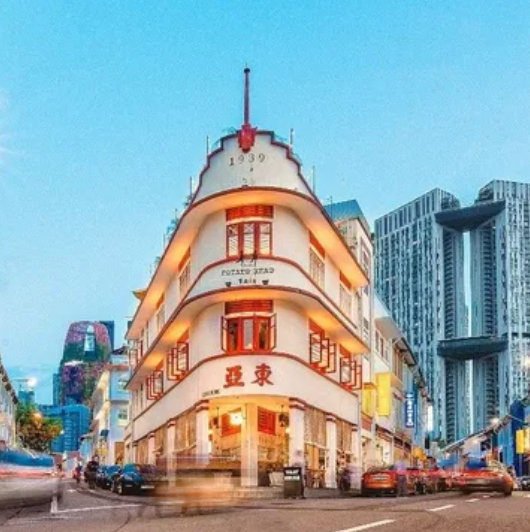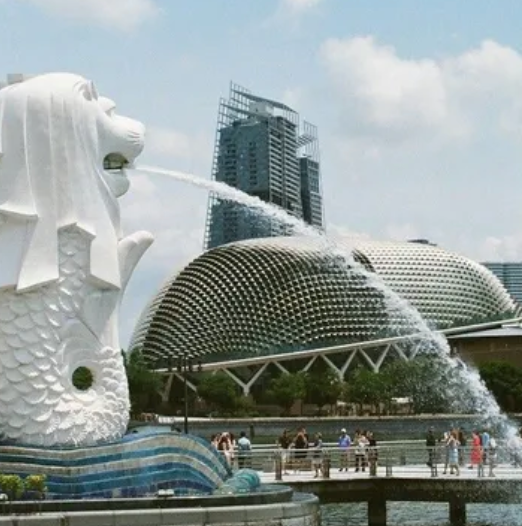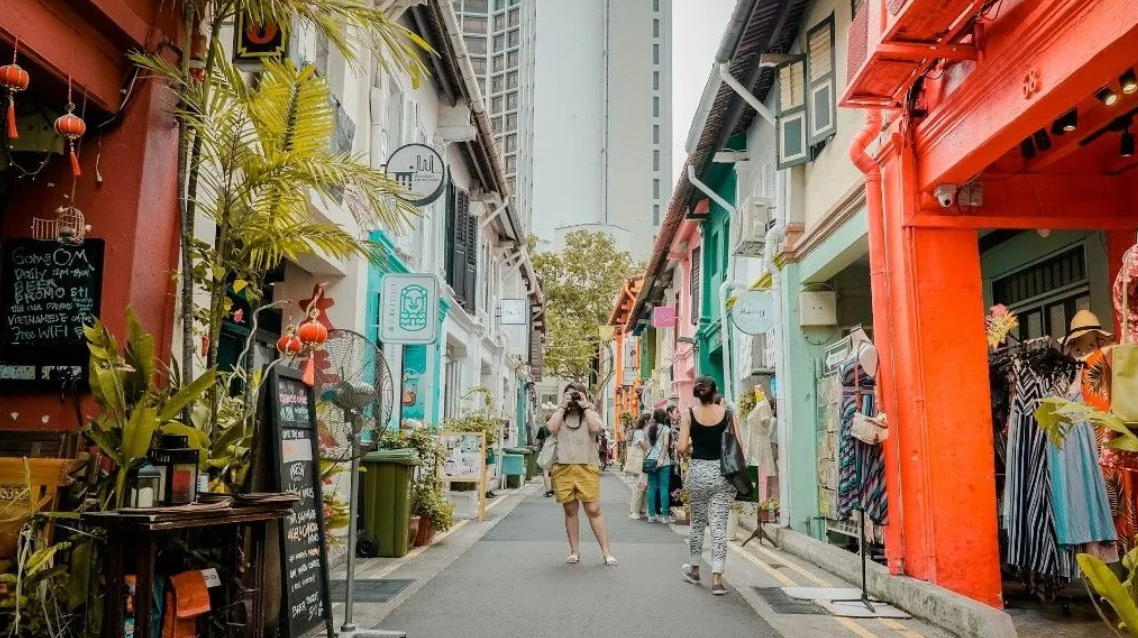

Expat Guide To Moving To Singapore
February 2023
Moving to a foreign country as an expat can be both exhilarating and intimidating, especially when the destination is a dynamic place like Singapore. Known as a top global financial hub and a melting pot of cultures, Singapore offers endless possibilities for expats.
This guide from our friends at Pacific Prime CXA provides all the essential information to ensure a smooth transition to life in Singapore. Through reading this guide, you will have a better understanding of what to expect and how to navigate your new life in the Lion City.

Immigration Regulations
To relocate to Singapore, you must have an Employment Pass (EP) or S Pass, which allows you to work in the country. These passes are sponsored by your Singaporean employer and issued by the Ministry of Manpower (MOM). Employers are responsible for applying for these work passes online.
If you plan to bring your family, they must apply for a Dependant's Pass (DP), which permits them to live and work in Singapore. The validity of a DP depends on that of the primary EP. Expats who resign or are terminated from their job have to either secure a new job or leave Singapore.
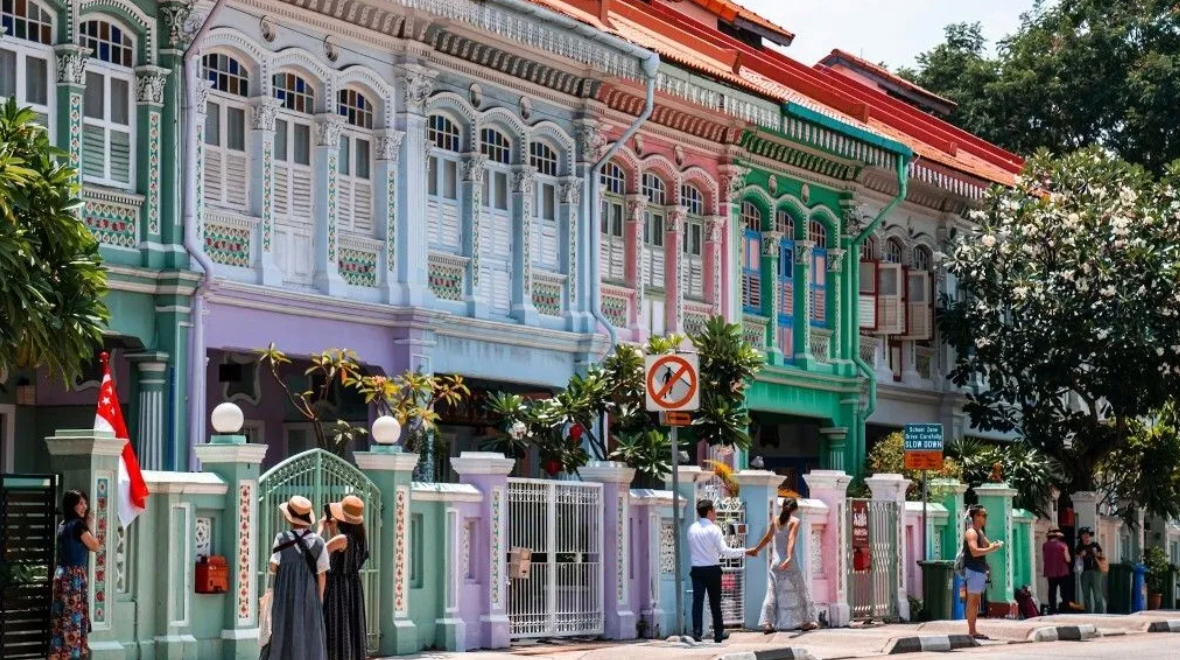
Employment
You should have a detailed written employment contract that includes provisions for additional benefits such as medical insurance, paid time off, and relocation cost reimbursement.
Singapore follows a progressive tax structure for foreign residents, with tax rates ranging from 15% to 22%. Both employers and employees are required to contribute to the Central Provident Fund (CPF).
Employers in Singapore increasingly prioritize work-life balance. While the standard workweek is 44 hours, certain industries may require longer hours or shift work. Employees are entitled to paid annual leave, with the amount depending on their length of service. Flexible work arrangements, including telecommuting and flexi-time, are common in Singapore.
Housing
Singapore offers a range of housing options, from high-rise flats to landed properties like bungalows. Due to the influx of foreigners in recent years, the demand for housing has steadily increased.
The cost of living in Singapore is quite high, and it is crucial to manage expectations accordingly.
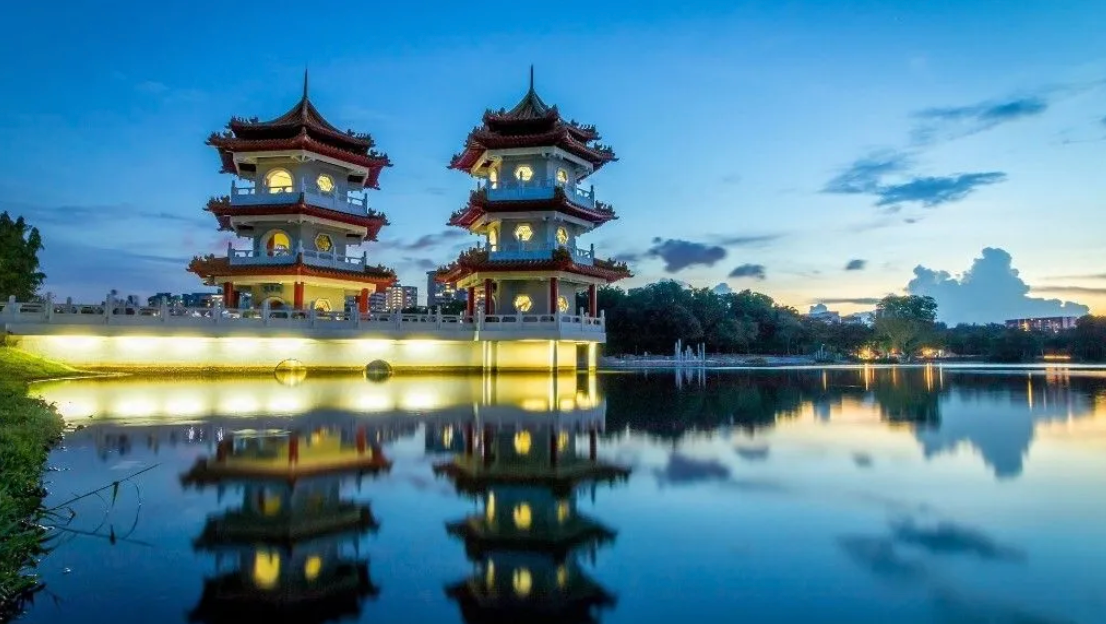
Healthcare
Health coverage is mandatory for expats in Singapore, and it is commonly provided by employers. Expats can also secure private health insurance. Singapore is renowned for its highly reputed public hospitals and world-class private hospitals.
Primary healthcare services are accessible through polyclinics, general practitioner clinics, and private outpatient clinics, offering comprehensive medical care, preventive screenings, vaccinations, disease management, and more.
Education and Schooling
Singapore provides a wide selection of public and private schools, including international, local, and specialized institutions. Public schools are run by the Ministry of Education, while international schools offer curricula such as the US system, the UK system, and the International Baccalaureate (IB) system.
Admission criteria vary depending on the type of school, with local schools prioritizing proximity and residency, and international schools requiring academic records, entrance tests, and interviews.
Singapore emphasizes STEM subjects while also placing importance on language, art, music, and sports education. English is the primary language of instruction, but Mandarin, Malay, and Tamil are also taught in schools.
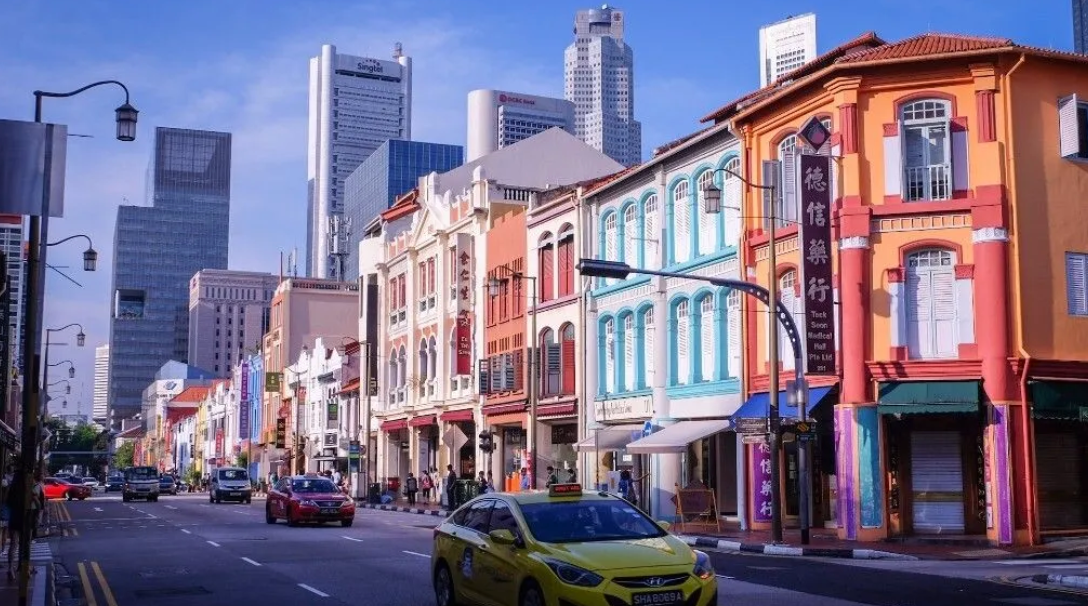
Transportation
Singapore boasts an extensive, reliable, and reasonably priced Mass Rapid Transit (MRT) system that connects most major locations. The city-state's bus system also covers a wide area.
Taxis are readily available, and ride-hailing services like Grab and Gojek provide practical options. Bikes and electric scooters are convenient means of transportation for short-distance trips and can be rented at various locations.
While you can own a car in Singapore, the cost of ownership and the strict regulations make it quite rare among expats.
Culture and Language
Singapore's culture is a unique blend of Chinese, Malay, Indian, and Western influences. While English is widely spoken and serves as the common language for business and administration, the locals also talk in Mandarin, Malay, and Tamil.
Why Choose Pacific Prime CXA as Your Healthcare Partner
For expats in Singapore, it's crucial to know that MediSave may not cover the costs of health screenings, especially in private hospitals where expenses can easily add up. Therefore, it is advisable for expats to secure their own health insurance plan.
And by opting for health insurance with direct billing, you can minimize or eliminate out-of-pocket expenses, reduce paperwork and focus on the recovery.
As an insurance brokerage, Pacific Prime CXA offers a diverse range of insurance plans, including international and expat health insurance, maternity insurance, family health insurance, and more. Their team of experts can assess your specific circumstances and customize a policy that fits your needs and budget.
To learn more about the offerings from Pacific Prime CXA, reach out to them for free impartial advice or a plan comparison today.

